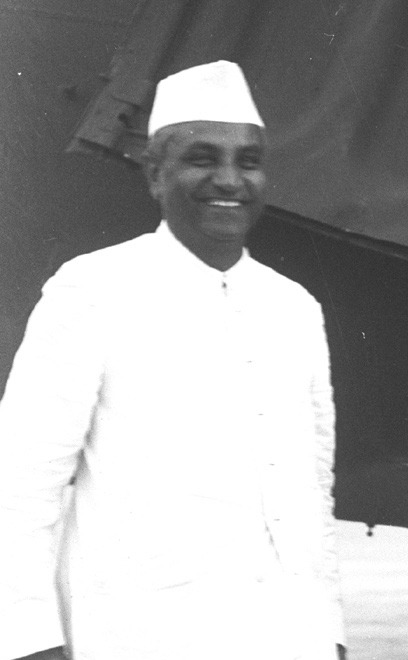Honoring Jivraj Narayan Mehta: Architect of Modern Gujarat
By Amit Kumar

August 29 marks the birth anniversary of Jivraj Narayan Mehta (1887–1978), a distinguished Indian
physician, politician, and educationist. Known as the first Chief Minister of Gujarat, Mehta played a
pivotal role in shaping the newly formed state and significantly contributing to India’s medical and
political landscape.
Born on August 29, 1887, in Amreli, Gujarat, Mehta pursued medical studies at Grant Medical College
in Mumbai. He furthered his education in London, earning a distinguished MD degree with a gold
medal and becoming a member of the Royal College of Physicians. His medical career included
serving as the founder and first dean of Seth Gordhandas Sunderdas Medical College and King
Edward VII Memorial Hospital in Mumbai, roles he fulfilled for 17 years.
Mehta’s dedication to medical education and public health was notable. He was instrumental in
securing governmental support for medical research and played a key role in establishing the All
India Institute of Medical Sciences (AIIMS) in Delhi. Beyond Mumbai, he contributed to the
development of medical infrastructure in Pune, Ahmedabad, Nagpur, and Aurangabad.
In addition to his medical achievements, Mehta was closely involved in India’s independence
movement and briefly served as Mahatma Gandhi’s personal physician. He was twice imprisoned by
British authorities for his participation in the Satyagraha campaigns.
After India gained independence, Mehta held various significant public roles. He served as the first
“Dewan” (Prime Minister) of the Baroda State and later became the inaugural Chief Minister of
Gujarat following its formation in 1960. He held this position until 1963, during which he laid
foundations for Gujarat’s administrative and developmental progress. Subsequently, Mehta served as
the Indian High Commissioner to the United Kingdom from 1963 to 1966.
Jivraj Narayan Mehta passed away on November 7, 1978, leaving behind a legacy of leadership in
medicine, governance, and diplomacy. His life remains an inspiration for his contributions to public
health, medical education, and the growth of Gujarat state.
